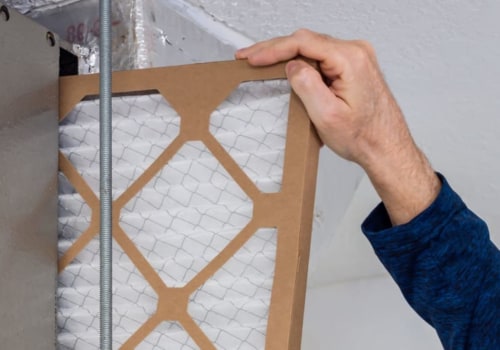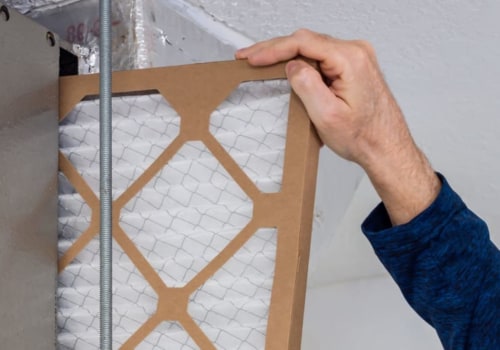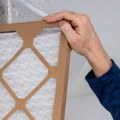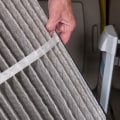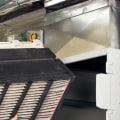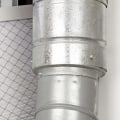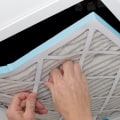Filters with a MERV rating of 17 to 20 are rarely necessary in a residential home. A MERV rating of 13 to 16 is considered hospital-level air quality, so it's unlikely that your home will need more than that. The answer is yes, but it's not really an issue, except in extreme cases. Most modern HVAC systems have no problem working with higher MERV filters, which is why millions of homeowners rely on them. The main risk of high-efficiency air filters comes from the fact that they are not changed regularly.
If you keep up with replacing filters, it's unlikely that you will experience any filter-related problems with your HVAC system. A MERV 9 will capture less than 50% of particles with a size of 1.0-3.0 microns, the MERV 10 will stop up to 64%, the MERV 11 will get up to 79%, and the MERV 12 is capable of trapping up to 89%. Build the return so it can house two Merv filters 18×18 height side by side, giving you 648 SI of surface area for filtration. If your home's HVAC system is not capable of handling MERV 13, opt for a filter with the next highest possible rating. This MERV filter is questionable, since it may not be effective for this use, since I understand that they need an electrostatic charge that they do not receive when they put on a mask.
As an HVAC professional for more than 40 years, I have seen dozens of systems destroyed by the use of highly restrictive MERV filters. The Minimum Efficiency Report Value (MERV) rating for an air filter measures how effectively the filter prevents dust and other contaminants from passing through the filter into the air stream. I just watched a Facebook video from AI I just watched a Facebook video of a British doctor who says vacuum bags are NOT safe for masks, as they contain fiberglass, which is very bad for breath (and worse when bags have been cut to make inserts) YES, however, MERV air filters are, like I am reading, made of polyester and cotton, they must be safe. MERV 17 to MERV 20 filters are commonly used in operating rooms, cleanrooms, and other settings that require absolute cleanliness. In general, filters with a MERV 16 rating or lower are considered HVAC system grade filters for residential, commercial, and general hospital use. A MERV 11 filter only needs to stop 20% of particles at 0.3 to 1.0 microns (three to ten times larger than a COVID-19 particle), a MERV 12 only needs to stop 35% of particles below 0.3 microns, and a MERV 13 only needs to stop half.
Using an air filter with a MERV rating higher than recommended by the manufacturer of your oven or air conditioner may impair its performance. Increasing a filter to increasing a filter to a higher MERV can increase the delta P across the filter. Air filters with MERV 13 or higher are recommended for those who prioritize air quality and may have to manage asthma, severe allergies, and other similar circumstances. Filters with a MERV value 13-16 are the most restrictive and can trap the smallest particles, such as bacteria, tobacco smoke and burnt wood.
